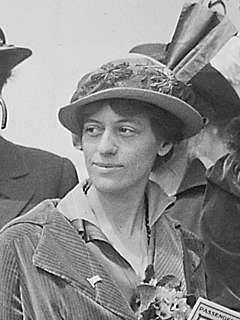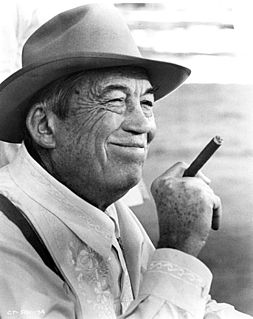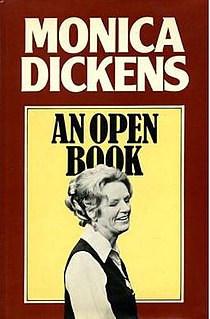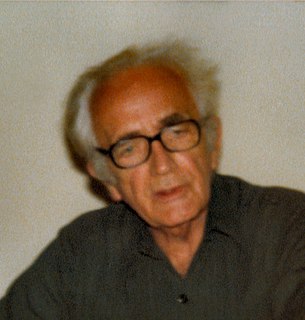A Quote by Louis XIV
The years go by one after the other; time slips past us with out our being aware of it; we grow old like ordinary men and we shall end like them.
Related Quotes
There have been many men who left behind them that which hundreds of years have not worn out. The earth has Socrates and Plato to this day. The world is richer yet by Moses and the old prophets than by the wisest statesmen. We are indebted to the past. We stand in the greatness of ages that are gone rather than in that of our own. But of how many of us shall it be said that, being dead, we yet speak?
As we live our human lives, let us be like the water. Let us be conscious of the flow. Let us not forget the great ground of being that draws us on through life. Let us live in a knowing hope, aware that all being is in transition, that all movement is back to the source. Let us treat those around us as reminders of our illusionary individuality. We know that they are us and we are them connected in ways we cannot fathom. Let us grow in compassion for all beings, for they share our journey.
For the next fifty years this alone shall be our keynote - this, our great Mother India. Let all other vain gods disappear for the time from our minds. This is the only god that is awake, our own race - "everywhere his hands, everywhere his feet, everywhere his ears, he covers everything." All other gods are sleeping. What vain gods shall we go after and yet cannot worship the god that we see all round us, the Virât? When we have worshiped this, we shall be able to worship all other gods.
Watching old movies is like spending an evening with those people next door. They bore us, and we wouldn't go out of our way to see them; we drop in on them because they're so close. If it took some effort to see old movies, we might try to find out which were the good ones, and if people saw only the good ones maybe they would still respect old movies. As it is, people sit and watch movies that audiences walked out on thirty years ago. Like Lot's wife, we are tempted to take another look, attracted not by evil but by something that seems much more shameful -- our own innocence.
There is a wilful lemming-like persistance in remaking past successes time after time. They can't make them as good as they are in our memories, but they go on doing them and each time it's a disaster. Why don't we remake some of our bad pictures - I'd love another shot at 'Roots of Heaven' - and make them good?
If you have it, it is for life. It is a disease for which there is no cure. You will go on riding even after they have to haul you on a comfortable wise old cob, with feet like inverted buckets and a back like a fireside chair... when I can't ride anymore, I shall still keep horses as long as I can hobble about with a bucket and a wheelbarrow. When I can't hobble, I shall roll my wheelchair out to the fence of the field where my horses graze, and watch them.
It has long been a tradition among novel writers that a book must end by everybody getting just what they wanted, or if the conventional happy ending was impossible, then it must be a tragedy in which one or both should die. In real life very few of us get what we want, our tragedies don't kill us, but we go on living them year after year, carrying them with us like a scar on an old wound.
We're free out here, really free for the first time. We're floating, literally. Gravity can't bow our backs or break our arches or tame our ideas. You know, it's only out here that stupid people like us can really think. The weightlessness gets our thoughts and we can sort them. Ideas grow out here like nowhere else - it's the right environment for them. Anyone can get into space, if he wants to hard enough. The ticket is a dream.
It says, I think, that at root that we're children, or we'd like to be. And the best of us each keep as much of that childhood with us as we grow into adulthood, as we can muster... And even after we're past the point of being able to play the game with any skill, if we love it, then it's like Peter Pan - we remain boys forever, we don't die.
Paper after paper, study after study, have shown that chairs give us back problems because they shorten our hip flexors, give us weak backs, of course it make us sedentary. We take years off our lives probably by sitting in chairs, but we like them because they're comfortable. You go to an African village, you find me a chair with a back. That's a rare thing out there.






































